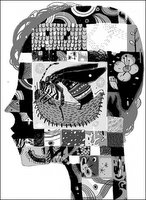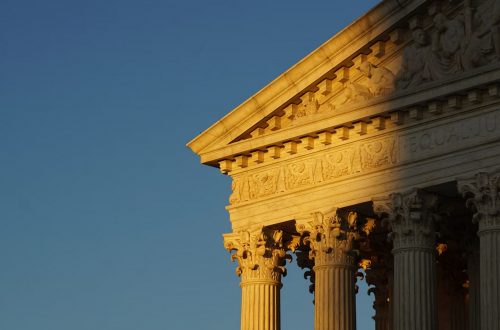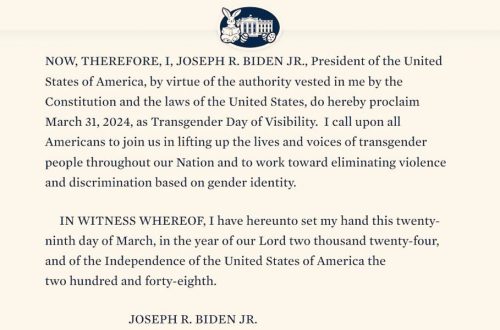 Olivia Judson, an evolutionary biologist at Imperial College in London, writes an interesting Op-Ed in today’s New York Times titled, “Why I’m Happy I Evolved.†The essay is interesting because it puts on plain display the incoherence of atheistic Darwinism. She writes:
Olivia Judson, an evolutionary biologist at Imperial College in London, writes an interesting Op-Ed in today’s New York Times titled, “Why I’m Happy I Evolved.†The essay is interesting because it puts on plain display the incoherence of atheistic Darwinism. She writes:
Some people want to think of humans as the product of a special creation, separate from other living things. I am not among them; I am glad it is not so. I am proud to be part of the riot of nature, to know that the same forces that produced me also produced bees, giant ferns and microbes that live at the bottom of the sea.
It is not at all clear to me how being part of the so-called “riot of nature†provides any significance at all for the human being. In Judson’s worldview, the “forces†that bequeathed to us the “bees†and the “giant ferns†are not intelligent or benevolent, but a random arrangement of materialistic causes and effects. How can merely being a part of this biological morass be a source of pride for any person? It’s all random with no meaning whatsoever according to the Darwinist’s worldview. Judson goes on:
For me, the knowledge that we evolved is a source of solace and hope. I find it a relief that plagues and cancers and wasp larvae that eat caterpillars alive are the result of the impartial – and comprehensible – forces of evolution rather than the caprices of a deity.
How can evolution, which depends on the random mechanisms of chance and time, provide “solace and hope†to any person? What solace is there in knowing that one is nothing more than the sum total of his or her biological matter? What hope is there in the idea that when my biological matter ceases to exist, I cease to exist? The “impartial†forces of evolution grind a person into a meaningless oblivion.
Perhaps Judson’s problem is not so much with the idea of design in nature, but with the idea of a Designer over nature. Why else would she charge the Deity with directing all things by “caprices†and not by a wise and benevolent will? Maybe it is because even she recognizes that not all is right with the world, even though it is being controlled by the “impartial†forces of evolution. She continues:
More than that, I find that in viewing ourselves as one species out of hundreds of millions, we become more remarkable, not less so. No other animal that I have heard of can live so peaceably in such close quarters with so many individuals that are unrelated. No other animal routinely bothers to help the sick and the dying, or tries to save those hurt in an earthquake or flood.
If we are all just cogs in the evolutionary wheel, how is helping the sick and the dying a virtue? Doesn’t the “wonder†of evolution consist in the fact that the fittest survive and the weakest don’t?
There is more here to critique than I have space or time to deal with. The point is that the Darwinist has no leg to stand on when he or she begins to talk about meaning and virtue. Those two things simply cannot exist in their world—if they are to be consistent within their own worldview. As Judson shows in this article, many Darwinists are simply inconsistent.
Yet I am hopeful when I see such inconsistency because I think that it shows that even the most committed materialistic Darwinist cannot get away from the fact that God has set eternity in their hearts and that there is more to this world than just matter, chance, and time. As the apostle Paul writes, “what may be known about God is plain to them, because God has made it plain to them. For since the creation of the world God’s invisible qualities—his eternal power and divine nature—have been clearly seen, being understood from what has been made†(Romans 1:19-20).
My hope and prayer for people like Olivia Judson is that their unbelief will collapse under the weight of the inconsistencies of their position and that they will be driven to a true knowledge of the Maker of all things.




One Comment
Barrie
Denny, evolutionists are perhaps more cunning than you think. They look at how animals, like humans, nurture their young in a ‘loving’ way and make up arguments for how this behavior must have ‘selective value’, so must be encouraged as ‘good’.
This ethic is still based merely on passing on genes, but it looks humane superficially.
The problem comes with the fact that selfish, violent, brave or cowardly behavior may all have equal survival value, so how to choose when under pressure?
Denying God, they deny any basis for a coherent and -especially- a triumphant or noble ethical system.